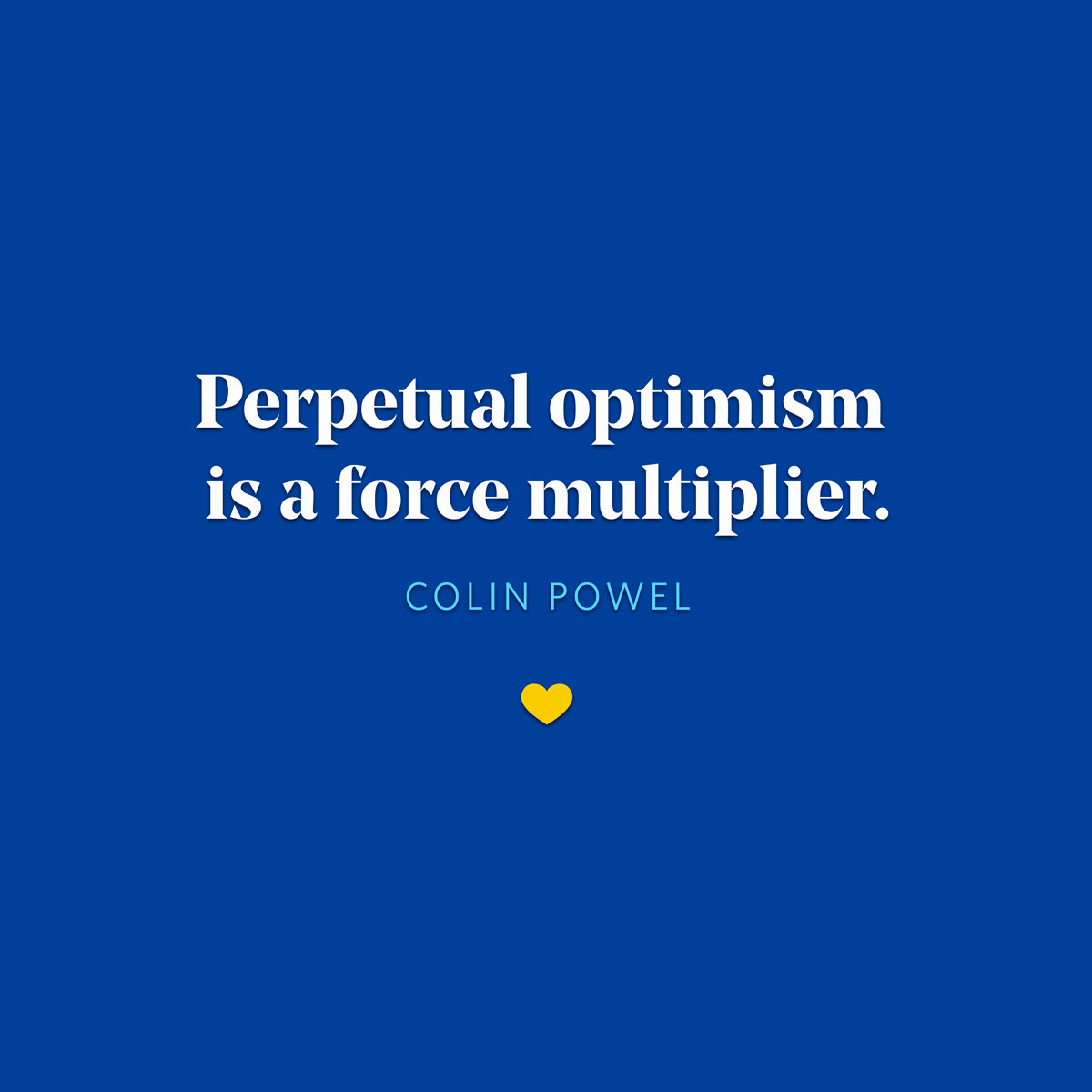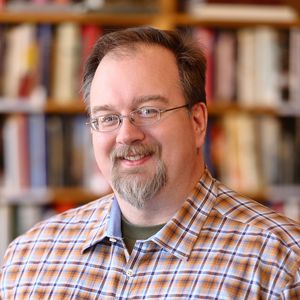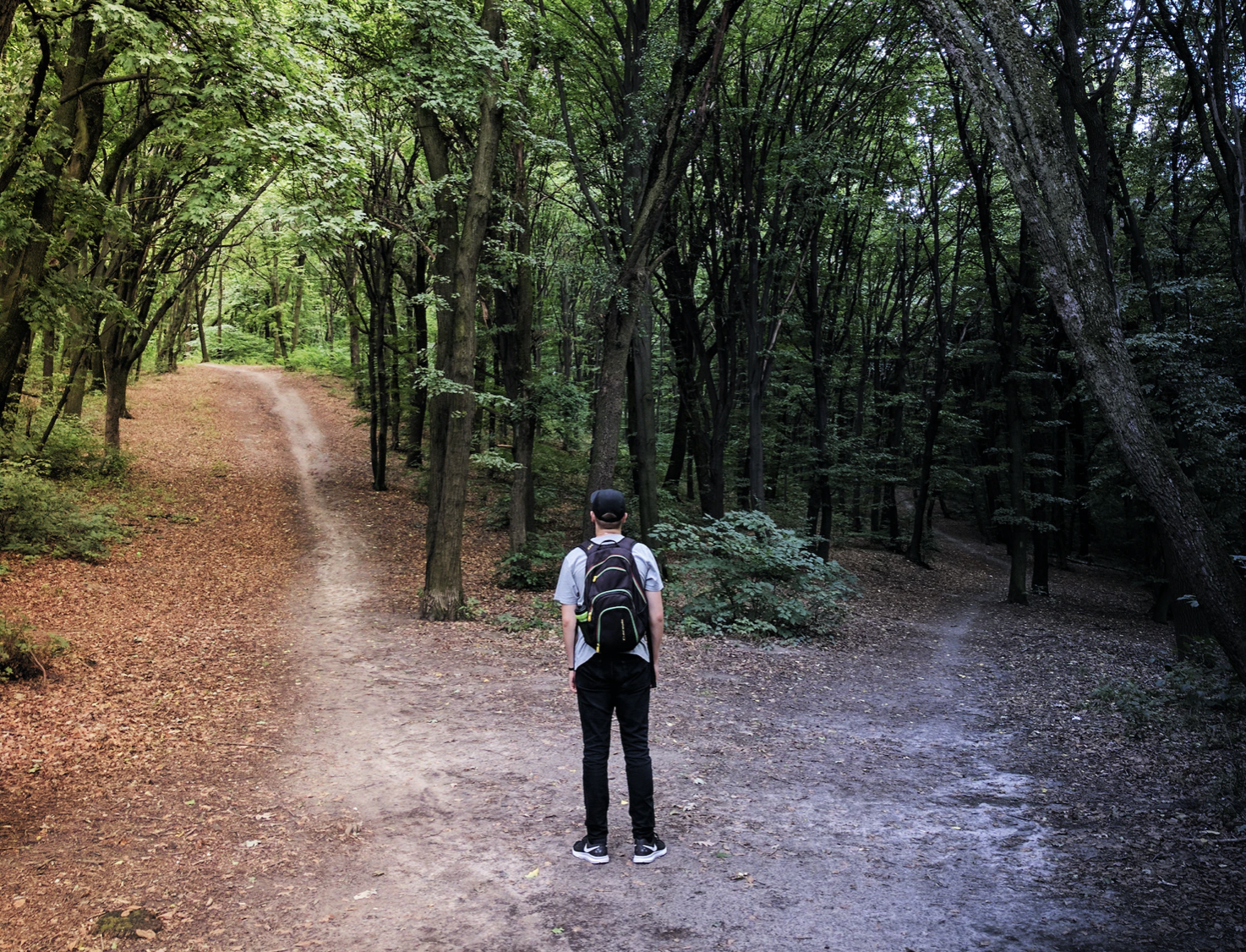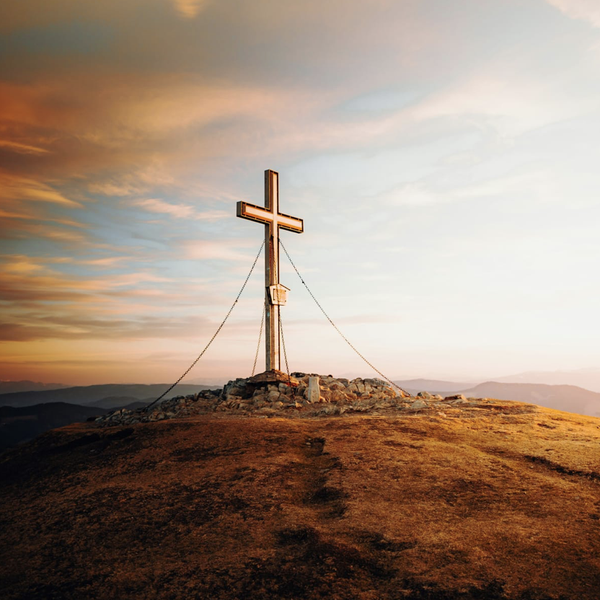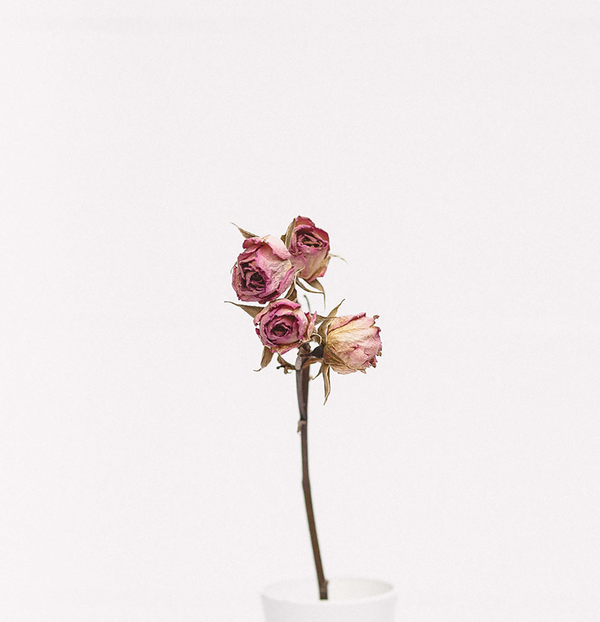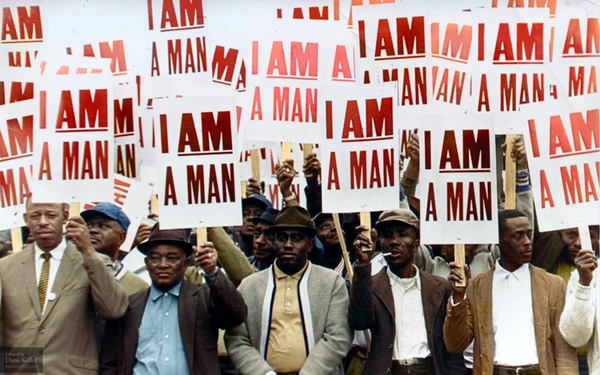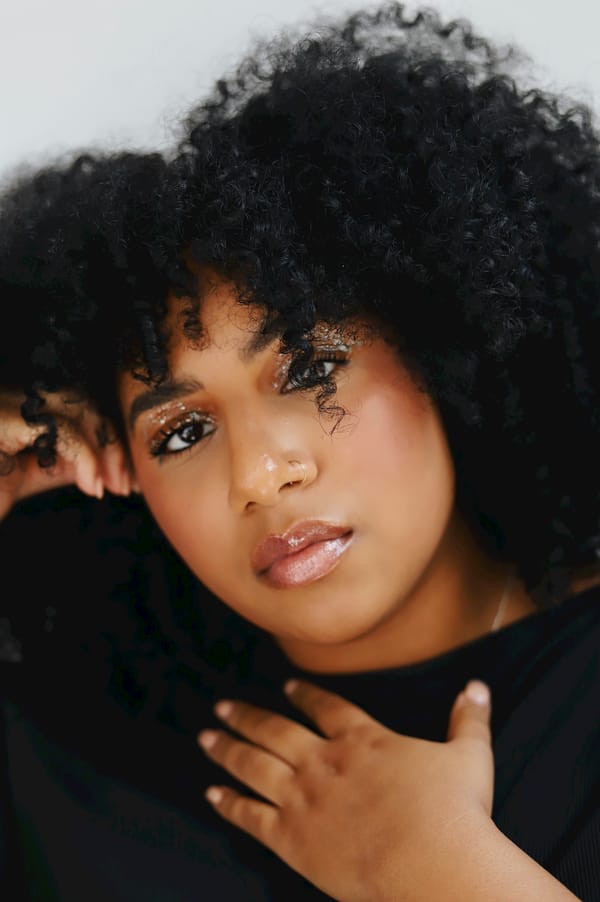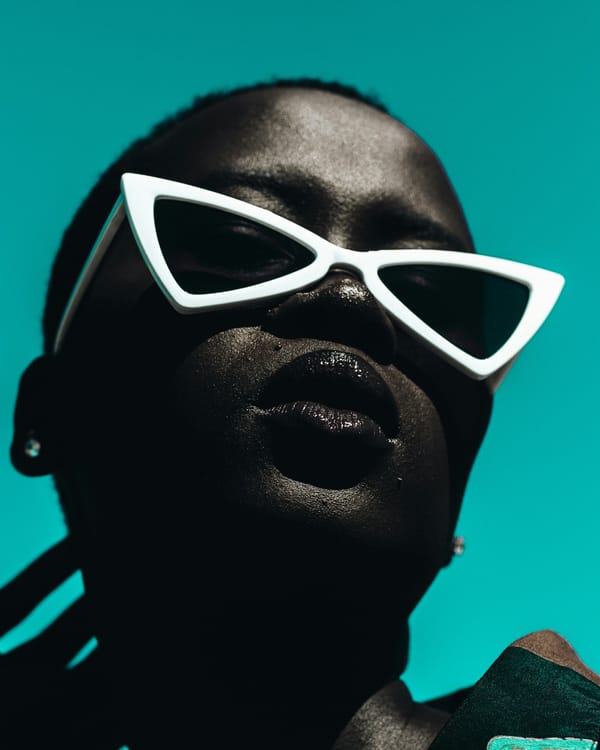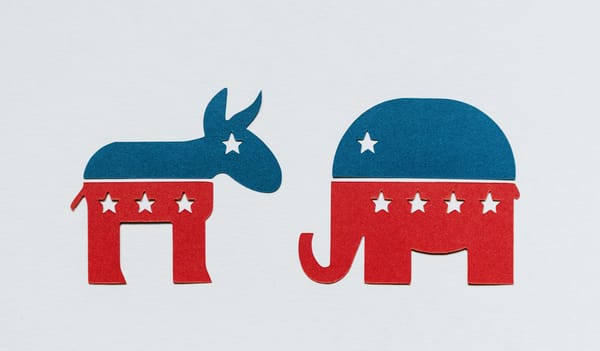Editor’s Letter
Politics have become a major topic of discussion the past few years but we don’t always talk about how, why, or even if people vote. According to Census.gov, sixty-seven percent of Americans voted in 2020; this is a five percent increase over 2016, but still means that one-in-three of us didn’t vote.
My ten foreign daughters (former exchange students) hail from five different countries and they’re all appalled at our voter turnout rate. The Pew Research Center says that even though our turnout has soared in recent years, we still rank thirty-first compared to other countries. Considering that we pride ourselves on our “democracy” and not every country allows some or all of their citizens to vote, that’s rather sad.
Lots of Reasons
The reasons for low voter turnout are myriad.
People at the poorer end of the spectrum—disproportionately Black, Indigenous, and People of Color (BIPOC)—often can’t take the time off from their job to vote or struggle with transportation, child care, etc. This is exacerbated by legislatures that deliberately make it more difficult with gerrymandering, limited polling hours and locations, mail-in ballot restrictions, and more.
Some would-be voters are simply disenfranchised. “None of the candidates really represent me.” “My generation doesn’t have any say.” “My one vote won’t matter.”
On the one hand, I get it. On the other, it aggravates the hell out of me.
Based on the results of the 2016 election, in which the winner of the popular vote lost the election, it’s difficult to believe that everyone hasn’t been affected by some aspect of the changes since then. The Supreme Court now has a super majority. BIPOC, women, LGBTQ people, immigrants, and other groups (i.e., the majority of the population) have all taken a hit to their rights and freedoms, and it’s quite likely to get worse. And, we endured a pandemic that was almost certainly exacerbated due to all of the misinformation from top officials.
As we teeter on the edge of fascism, there is a lot at stake right now and quite possibly the existence of America as we know it. Voting is a privilege we need to exercise! But beyond the question of if someone votes, it’s important to ask why they vote the way they do.
Decisions, Decisions
In these sharply divided times, it’s easy to think we know why people vote as they do: on the one side, it’s common to believe that the other side consists of only racist, sexist, homophobic, and xenophobic evangelicals who hate everyone but themselves. It’s also a fact that evangelicals only comprise twenty-four percent of the population and their numbers are waning, so it’s more than just that. The majority of Americans believe in some reasonable level of access to legal abortions. Most white people do not believe they’re racist (and most men probably don’t identify as sexist), and it seems unlikely that they all look for a racist (or sexist) candidate. Some still believe in smaller government, states’ rights, and reduced spending (as opposed to “handouts” in their view).
On the other side, a lot of conservatives think of liberals and progressives as immoral atheists, communists, and socialists with too much money and suspect education. They are prone to believing an assortment of accusations that would have many believing liberals are criminally suspect in myriad ways. Many fear people on the left wish to take away their “freedoms,” particularly their guns, leaving them defenseless. They find liberals too controlling of the economy, big business, climate control, etc. They feel like civil rights have gone too far. Those on the other side of the aisle are not tough enough on crime, and law enforcement doesn’t receive enough support. They see the other side as anti-democracy, even though we know the reverse to be true. I will say this: we’re all imperfect.
Obviously it’s all more complex than what we see on the surface. Lies, disinformation, and disillusionment are also factors. Lobbyists pay to play, billionaires bankroll campaigns behind the scenes.
So how does one decide?
Sadly (to me, at least), some people consider themselves lifelong Republicans or Democrats and simply vote accordingly, often voting straight ticket while remaining clueless about the issues. I’ve known people to complain bitterly about issues their own party is responsible for!
The “lifelong” part is especially problematic given the socio-political shifts over time. During the civil rights era, for example, the parties essentially changed sides; and since then, the entire country—both parties—have taken several big steps to the right. What we call “progressive” now was really quite moderate in the 1960s. For that matter, we shift as individuals, as well! Some people who were all about “peace and love” back in the day, altered stances as their nest egg grew. (Why do people with lots of money work harder to protect it than those who have little?!)
There are numerous problems I won’t go into with what is basically a two-party system, but a big one is this: it forces politicians and voters to go along with all sorts of things they might not otherwise, to support a few issues they care about most (or what’s more likely to get them elected…grr!). It splits the public into two big buckets that have been stoked to fear and hate each other when we might in fact agree on many things. Instead, it just makes us “other.”
For all of these reasons and more, I’ve been a lifelong independent. I’ve found it’s important to look at each candidate as an individual and select the one I align with most, regardless of party affiliation. There are some vast divides within each party; surely you don’t agree with all? On rare occasion there’s even an interesting third-party candidate who idealist-me finds appealing, although pragmatist-me gives in to support a candidate with a more realistic chance of winning, instead.

Another common approach that drives me a little crazy is voting the same way your friends and family do. I mean, seriously—do you agree with them on everything?! I wish I had that kind of influence!
I remember one of my daughters’ friends complaining about the anti-abortion movement, but freely admitting she was voting for the same party pushing it because “that’s how her family votes,” and even though her dad sounds rather racist and sexist when she is not. For her, “going with the flow” took all the work out of voting, even if it meant going against some of her own interests.
Another way people often vote is for a single issue—they feel so strongly about that “one thing” that it eclipses everything else happening in the world. This is, in my humble opinion, crazy. How can you be, to go back to the previous example, anti-abortion and yet also anti healthcare, anti prenatal care, anti childcare, anti school lunches, anti education, anti gun laws . . . and dare I say not racist, since these issues hit Black women the hardest?!
Yeah, I thought so.
Your Empathy Could Save Us
The way I try to vote is, strangely enough, one we almost never hear anything about: for the good of the country and the majority of the people in it.
For example, many people have been convinced that universal healthcare is “socialism.” As a cancer survivor with decent math skills, I know for a fact that a single diagnosis would wipe out the savings of the average American family and send many of them reeling into bankruptcy even as they struggle with life and death. Although I might have the money to get through it, it would be unconscionable to ignore the plight of millions.
These same people are the most likely to get hit by a hurricane or tornado, but they don’t believe in climate change.
Statistically, an AR-15 is more likely to hurt its owner than help.
LGBTQ folks have a crazy-high rate of suicide.
And systemic racism is embedded in everything and killing our future—and by “our,” I mean it is killing America.
One can argue all they want or ignore these things as they wish, but the facts are irrefutable. I may be empathetic but I’m also data driven. Interestingly, a quote recently popped up in my feed that describes my view pretty clearly.
“We have lived our lives by the assumption that what was good for us would be good for the world. We have been wrong. We must change our lives so that it will be possible for the contrary assumption, that what is good for the world will be good for us. And that requires that we make the effort to know the world and learn what is good for it.” —Wendell Berry
Wendell Berry is an eccentric southern novelist and activist with whom I’d agree on some things while disagreeing vehemently on others, but he nails one important point: we need to consider what’s best for everyone. After all, what is the point of a social construct like voting if we don’t think about the greater good?!
Clay Rivers, my charming editor here, was surprised to hear about my moral compass when it comes to voting: Black women. But let me tell you, Candace Owens aside, these ladies hang tight! (Black men come close.) To be very clear, they do not vote on party lines, because their friends say so, or any of that stuff. This is because their lives depend on it. Their children’s lives depend on it. Their livelihoods depend on it.
And so, too, does America’s future.
One might argue that Black people are only thirteen percent of the population, and Black women just half of that, but what is good for them is good for Brown people. For Indigenous people. Gay and trans people. Muslims. Jews. Really, all women. And believe it or not, white men. Taking care of the people we white folks have oppressed the most means less prisons, less poverty, more jobs, a stronger economy, stronger nuclear families, bigger hearts, nicer neighborhoods, and better human beings across the board!
It’s Up to You
At the end of the day, there is no one in the voting booth but ourselves. Not the GOP or the Democratic Party, not our families, not our friends or our pastor. Only we know for sure how we’ve voted, and we must live with that decision. So please, take the time this coming year to listen to what all the candidates say, look at their records, watch the debates, talk to people from all different backgrounds (not just those in your neck of the woods).
And if all else fails? Have a serious conversation with some Black church ladies—they’ve got it going on, and America desperately needs their insight right now.
Love one another.
Sherry Kappel
OHF Weekly Managing Editor
New This Week
Visiting the Free State of George Floyd
In the Free State of George Floyd, the freedom mentioned is more aspirational than real. Black people—and Minnesotans—are no better off than before.
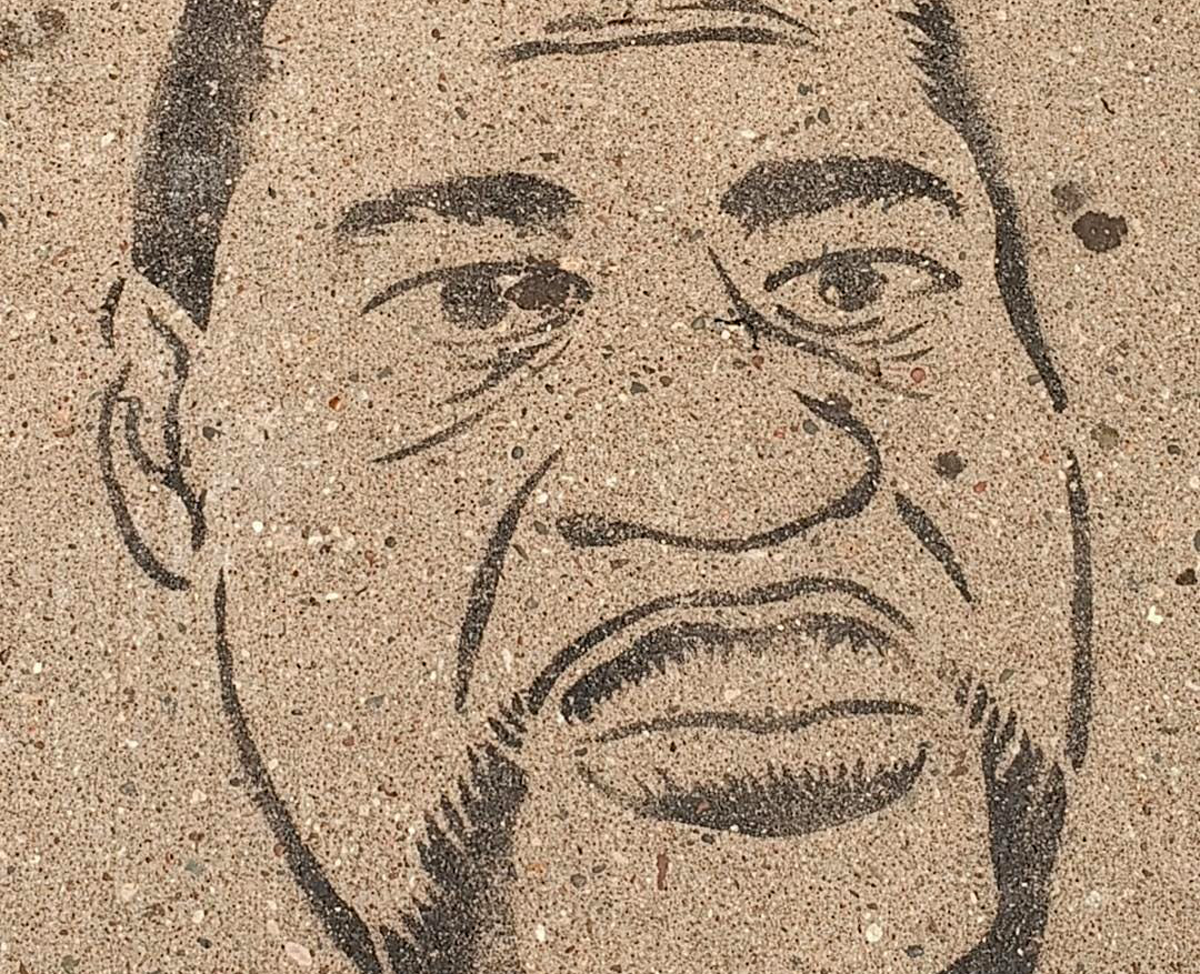
I spent the first seventeen years of my life in Minneapolis, Minnesota, most of them living at 4220 Oakland Avenue. The city is full of parks. I had three within walking distance from my home. I generally played basketball at Martin Luther King Park as it had an indoor gym the others didn’t. We played baseball at McRae Park, where the diamonds were better marked, and our bikes were safer. Phelps Park on 39th and Chicago was best suited for soccer, sometimes baseball, and they flooded the park each winter to make an ice-skating rink. Phelps was the least maintained, though there’s a new building now that looks like it contains a gym. Phelps Park is also a block from where George Floyd was murdered by Minneapolis police officers near Cup Foods, where Floyd is alleged to have presented a counterfeit twenty-dollar bill. I say allegedly because he never stood trial; he was executed.
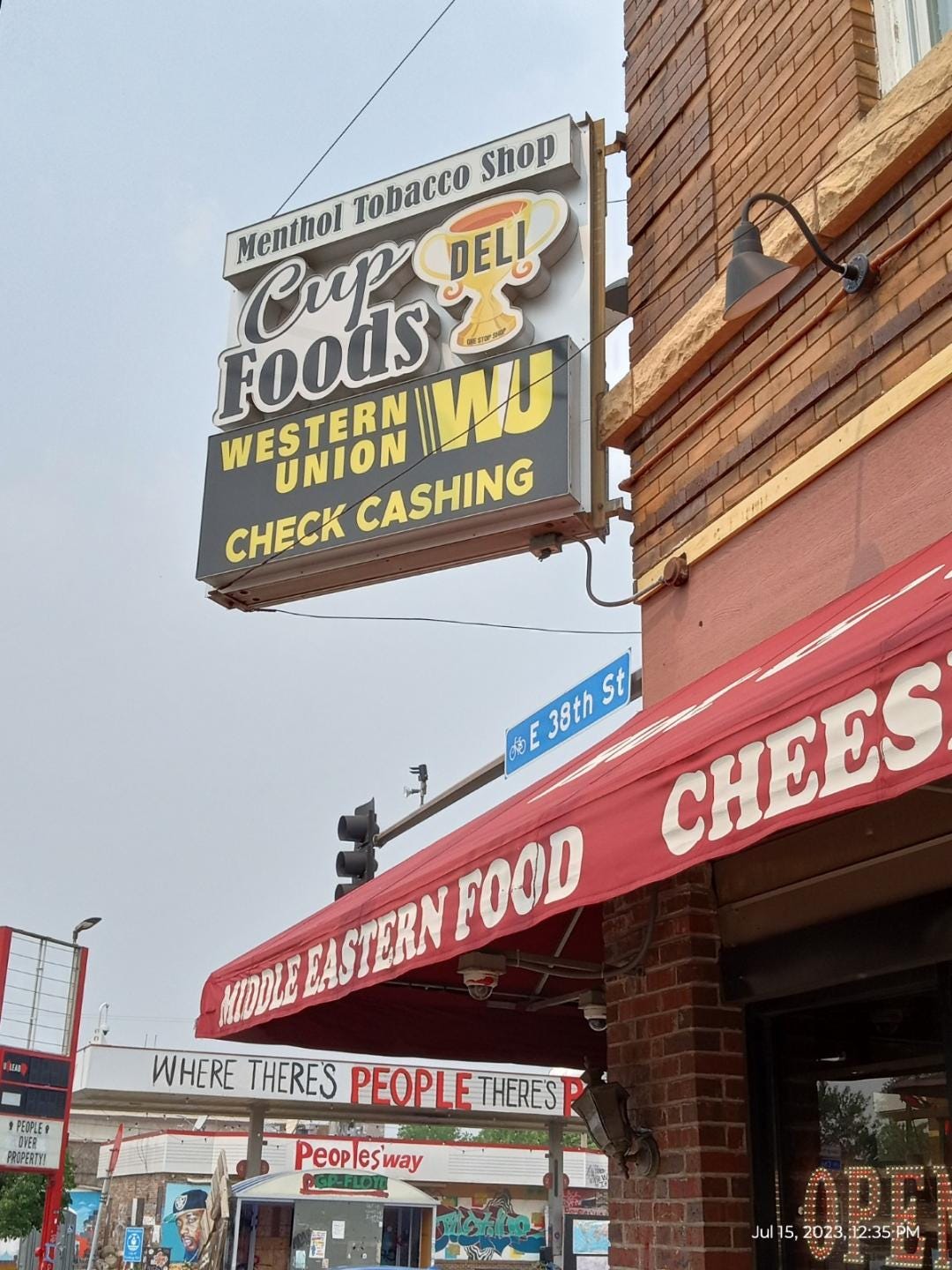
A sign in the window lets you know Cup Foods is under new management. I’m surprised they haven’t changed the name. It’s still open, selling overpriced goods, typical for small neighborhood stores in a food desert. There used to be a Red Owl and a Piggly Wiggly within a few blocks, but they’re long gone. I often rode my bike to the Red Owl for items; I don’t know how far I would have to go now, starting from my old home.
Approaching the site of the murder from each side of Chicago Avenue, there are now markers with a raised fist, signifying you are entering the Free State of George Floyd. The freedom mentioned is more aspirational than real. Black people, in general, and Minnesotans, are no better off than before. There was a brief period of hope which has since dissipated. I heard a minister say in church that “George Floyd changed the world.” I’m not so sure that’s true.
Read the complete article at OHF Weekly.
A Look Back
Humanity on Trial in Minneapolis
Musings on the way humanity, humanness, who is and who isn’t regarded as human, as well as who does and doesn not receive the rights therein were on trial in Minnesota v. Derek Michael Chauvin.
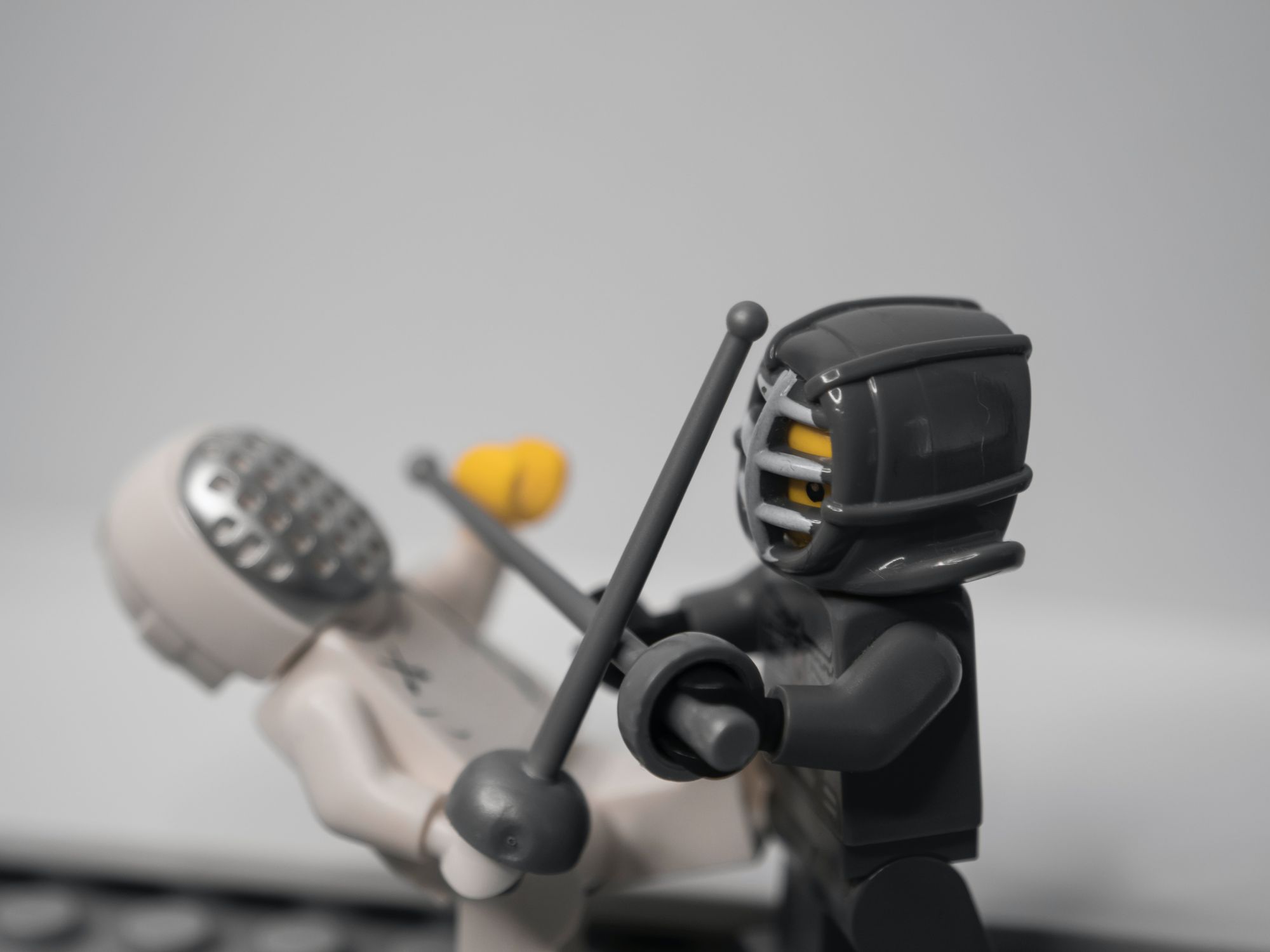

It’s Not About You. It Was Never About You.
Sparked by a visit to the same area mentioned in the preceding article, Erik Deckers’ pens observations on the right and wrong way for white people to pay homage in Black spaces.
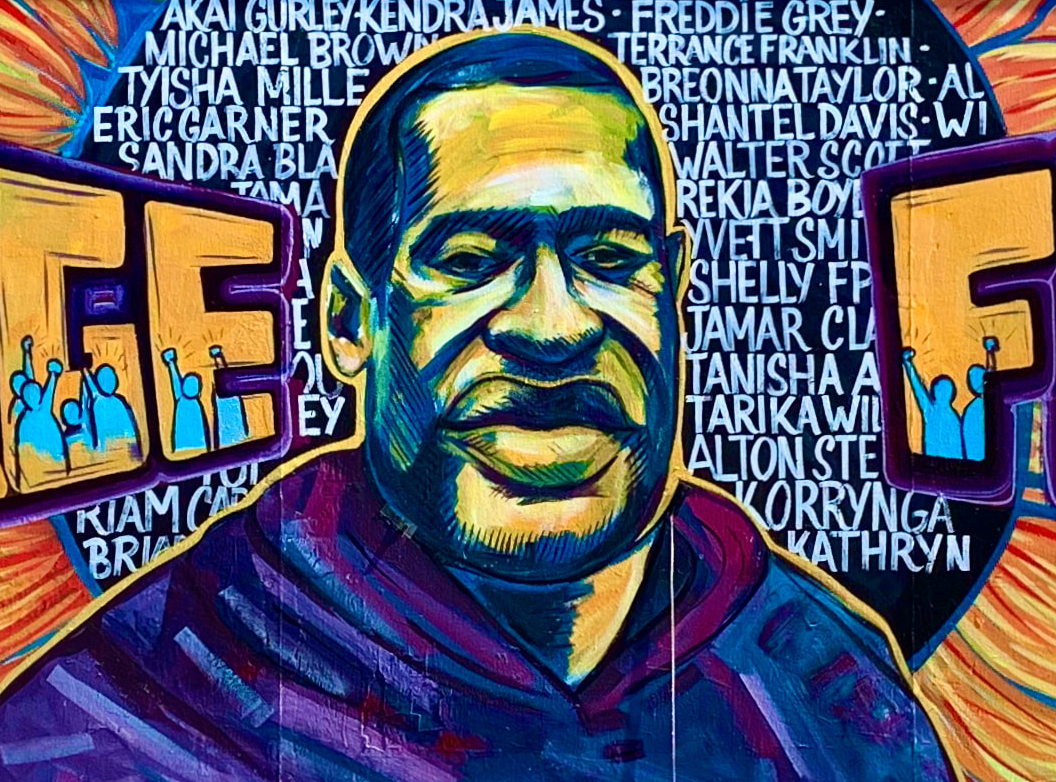
History
A Lynching in Central Florida
The facts bear out that the Ocoee Massacre is still considered the bloodiest day in modern American political history.
By Clay Rivers
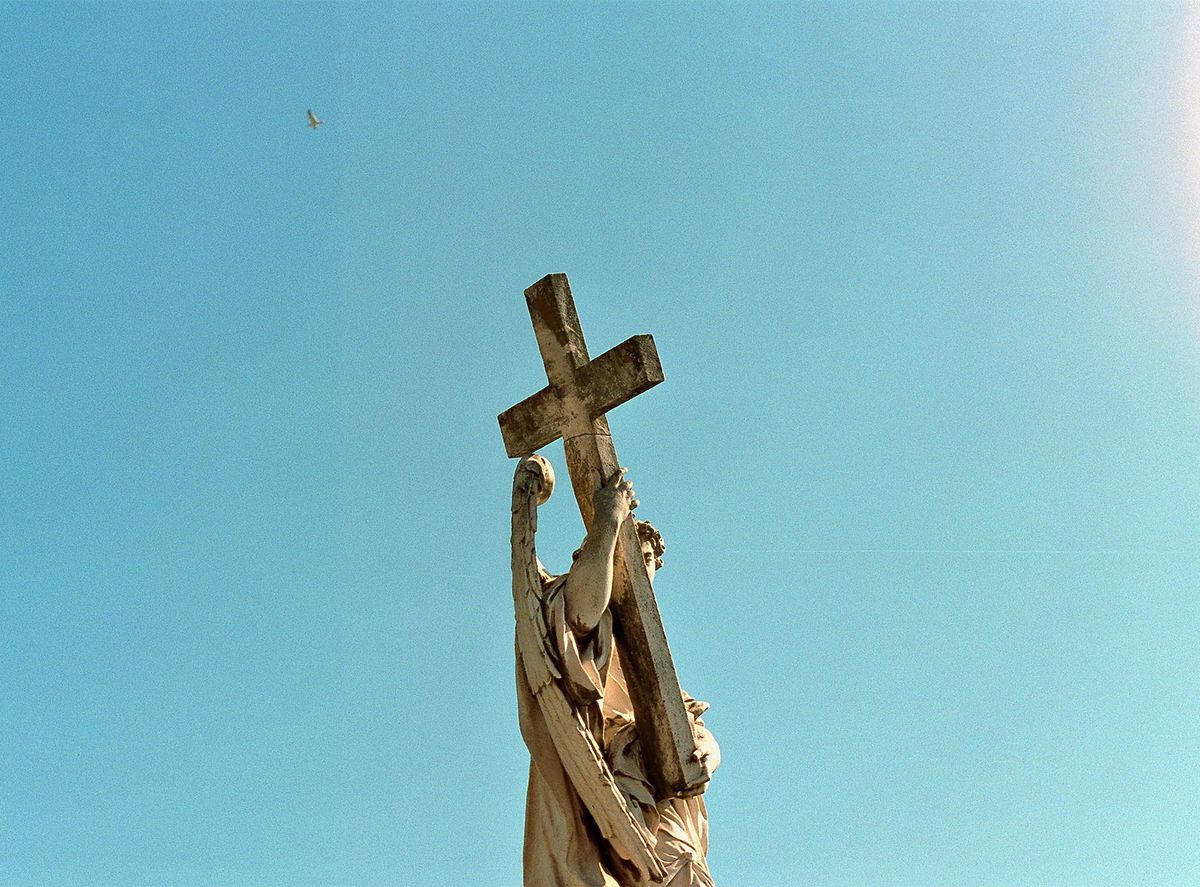
It is with great sorrow that we, the family of our beloved Clay Rivers, announce his passing. His body was found by authorities late last night in a wooded area in Ocoee, hanging from a tree. Please respect our privacy during this time of deep mourning as we try to understand this unspeakable act. Thank you.
—The Rivers Family
The fear that members of my family would ever have to post the above message or something similar has been a palpable fear I’ve lived with since I was in my early twenties. While I seldom, if ever, had reason to be in Ocoee, I grew up hearing rumors about Ku Klux Klan activity in Lake County. This has been a pervasive fear among Black families who have lived in central Florida long enough to know of Ocoee’s reputation as a sundown town. For years, a well-known sign even gave public notice that Black folks should not be found in Ocoee after sunset.
On Tuesday, October 12, ghosts of Ocoee’s untold horrors accompanied me on my drive into the town. I hoped, no—prayed, that my desire to attend a seminar produced by the Peace and Justice Institute would lead only to a clearer understanding of the events from almost one hundred years ago and not to my own demise. White friends of mine, transplants from Chicago to Orlando, who live in Ocoee, reacted in what I interpreted as a mix of mock horror and disbelief when I explained why I don’t make visits to their secluded lakefront home late in the day: rumored lynchings that occurred in the area.
With just enough sunlight to separate the sky from the ground, my iPhone’s Maps app plotted a course along two-lane roads that ran deeper into north Ocoee than I anticipated or desired. My drive cut through the shadowy landscape rife with the remains of neglected orange groves, a sprinkling of ramshackle houses, and sprawling, walled subdivisions—the state’s version of twenty-first century gentrification. My destination, the ultramodern Ocoee High School, greeted me as the last of the sun’s tangerine glow bled from the sky.
I overcame my desire to observe the seminar from a far-removed seat near the back of the high school’s cafeteria and sat in the middle of the room for the sole purpose of being fully engaged in the session. The facilitators encouraged participants to sit with someone they did not know. Two white guys in their early sixties (one from Rhode Island, the other from Arkansas), and a young, Black college coed from Miami joined me. We bade one another warm welcomes, shared non-threatening information like hometowns and how long we lived in the area, and settled in.
The co-hosts introduced themselves, led the 120 or so attendees in a small group ice-breaker activity, and reviewed the rules of engagement—a thirteen-point list intended to foster an environment free of shame, blame, or guilt for discussion and reflection.
First item, a 26-minute award-winning documentary about the events of November 2 and 3, 1920, entitled Ocoee: Legacy of the Election Day Massacre, featuring interviews with the grandson of the man who led a lynch mob and the great-grandson of the man who was lynched for exercising his right to vote.
Read the complete article at OHF Weekly.
Our Human Family + Mastodon

For the past four years, Twitter has been Our Human Family’s (OHF) social media channel of choice for communicating with our readers. Given the platform’s rapid and unabashed endorsement of much we oppose, OHF is transitioning to Mastodon. While we will maintain our Twitter account, know that the quantity of tweets from our account has noticeably decreased.
And if you’re curious about Mastodon and wondering which instance (server) to sign up with, mastodon.world (our instance of choice) is a fine instance indeed.
Final Thoughts
